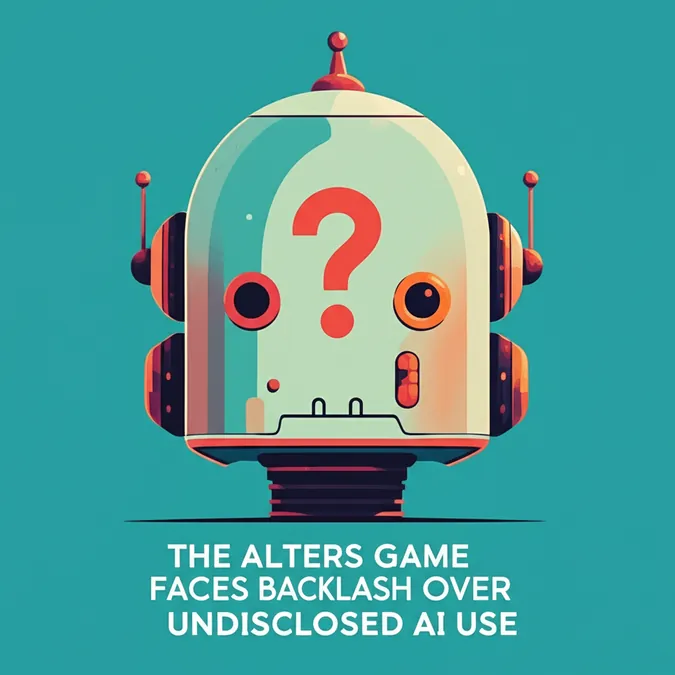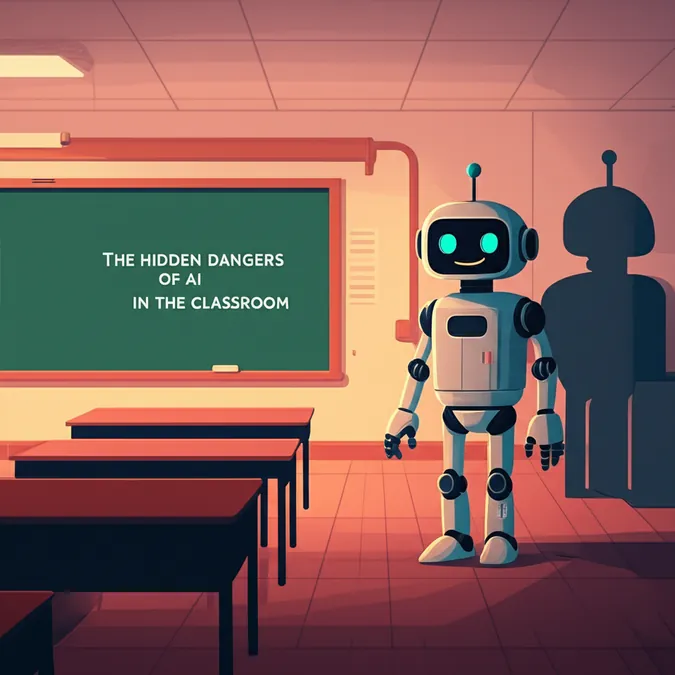Developer Offer
Try ImaginePro API with 50 Free Credits
Build and ship AI-powered visuals with Midjourney, Flux, and more — free credits refresh every month.
How AI Is Changing The Way We Speak
A fascinating new report from the Max Planck Institute for Human Development suggests that our interactions with AI are starting to reshape our spoken language. It seems the more we use Large Language Models (LLMs) like ChatGPT, the more we adopt their preferred vocabulary.
Let's delve into this intricate realm and underscore just how subtly this linguistic shift is happening.
The AI Echo in Our Speech
The core finding of the study is straightforward: frequent users of LLMs are unconsciously beginning to use words heavily favored by these AI systems. Researchers identified a distinct set of words that frequently appear in AI-generated text, including terms like delve, adept, meticulous, realm, intricate, and underscore.
By tracking language patterns, the researchers established a direct correlation. As an individual's use of AI increases, so does the appearance of these specific words in their everyday speech. This phenomenon highlights a subtle yet significant way technology is influencing our communication beyond the screen.
A New Linguistic Trend
This isn't the first time technology has influenced our vocabulary. The rise of online chat in the late 90s and early 2000s, driven by platforms like AOL Instant Messenger, introduced abbreviations like LOL, LMAO, and BRB into our lexicon. However, these terms largely remained in the digital domain; saying "LOL" out loud in a conversation was, and often still is, met with a cringe.
As noted in a piece by TechRadar's Eric Hal Schwartz, a more recent example is the word "hashtag." Popularized by Twitter, saying "hashtag" before a word became a common, if often tongue-in-cheek, way to add emphasis or commentary in spoken language. The key difference was that its use was typically self-aware and ironic.
The adoption of AI-favored words appears to be a more subconscious mimicry, a direct result of repeated exposure to a particular linguistic style.
Dive Deeper into the Data
The complete findings are detailed in a nine-page academic paper. While dense, it offers a meticulous look into this emerging trend for those curious about the mechanics behind this linguistic convergence. It's a compelling look at how the tools we create are, in turn, recreating us.
Compare Plans & Pricing
Find the plan that matches your workload and unlock full access to ImaginePro.
| Plan | Price | Highlights |
|---|---|---|
| Standard | $8 / month |
|
| Premium | $20 / month |
|
Need custom terms? Talk to us to tailor credits, rate limits, or deployment options.
View All Pricing Details

